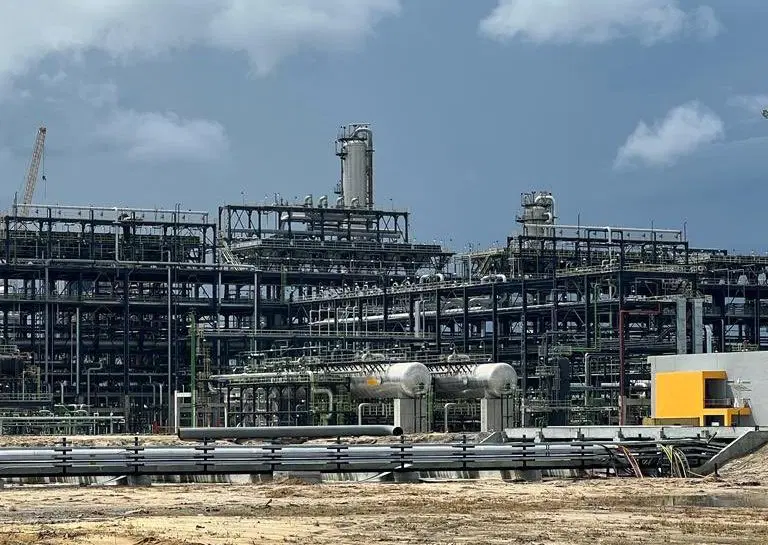The commencement of direct fuel supply to marketers by the Dangote Petroleum Refinery has caused a noticeable lull in activities at many private depots across Lagos and other coastal cities, raising fresh concerns over the future of Nigeria’s downstream sector.
Checks across Apapa and Ijegun tank farms on Tuesday revealed near-empty premises, with several depots recording minimal loading activities. Marketers confirmed that most retailers are now turning to the Dangote facility, which has offered products at comparatively lower prices, bypassing middlemen.
According to sources, the refinery’s decision to sell directly to marketers and selected filling stations is already disrupting the supply chain traditionally dominated by private depot owners.
“Before now, we relied heavily on these depots for product distribution, but Dangote’s direct sales have made their prices less competitive,” a major marketer, who preferred anonymity, told reporters. “We are witnessing a shift in the market dynamics.”
Industry observers note that depot owners may face mounting financial pressure if the refinery continues its current model. Many of them had invested heavily in storage facilities and logistics over the years, banking on sustained dependence by marketers.
Energy analyst, Chukwuemeka Ohaeri, said the development was inevitable. “The refinery has capacity to meet a significant portion of local demand, and direct sales cut unnecessary costs. Depot owners will need to re-strategize, possibly diversifying into logistics or value-added services to remain relevant.”
While some depot operators admitted that activity levels had dropped, they expressed hope that government policy would ensure fair competition. “We are not against Dangote, but the government must prevent a monopoly that could eventually hurt consumers,” one depot manager in Apapa said.
The Dangote Refinery, which recently commenced large-scale supply of petrol and diesel, has promised to stabilize prices and ensure steady product availability nationwide. Already, several independent marketers and transport unions have lauded the move, saying it has reduced both waiting times and fuel costs.
As the refinery’s footprint expands, stakeholders are watching closely to see how traditional depot operators adapt to Nigeria’s rapidly evolving downstream landscape.



























